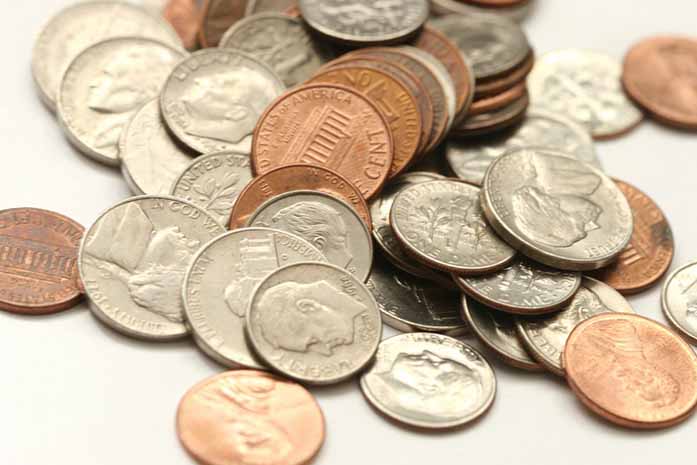On Tuesday, the Polk County Board of Supervisors voted to hike the minimum wage in Iowa’s most populous county by a series of steps to $10.75 an hour in January 2019. The vote was the first of three votes on the issue to determine whether the proposed ordinance will go into effect, and it follows the recent minimum-wage raise in Johnson County.
Where the two differ is in the limitations placed upon the Polk County wage increase. The Polk County supervisors have recommended a youth wage that would pay employees under the age of majority 85 percent of the new minimum wage. Furthermore, they have also proposed a freeze on tipped workers’ pay at $5 an hour after the increase. Both of these numbers are still above the state and federal regulations regarding minimum wage, but they raise important questions.
The idea of a youth wage is only justifiable in a world in which teenage workers’ parents are able to fully provide for them, a fantasy world sadly far removed from reality. According to research done by the Urban Institute, nearly one-third of all teenage dropouts leave school to work to help support their families. A youth wage hurts those who need it the most, even as advocates say it will take away from those who don’t “need” that money. While some teens might only work for pocket money, it’s doubtful whether the majority are working only for themselves. Even those who are lucky enough to not have to work to help support their family face a significant financial challenge: college.
As student debt continues to skyrocket and college tuition continues to increase, as just occurred at the University of Iowa, many work to pay for tuition, textbooks, and the various costs associated with higher education. On the flip side, a youth wage biases employers toward hiring younger workers to cut costs and increase profit margins, causing agism in the workplace. Even if these factors weren’t at play, teenagers in the workplace would still receive less pay for an equivalent amount of work than their 18 and older peers, a blatant discrimination that should not stand.
Freezing tipped workers’ pay is more complicated. In professions that are regularly tipped (most commonly restaurant servers, but also hotel workers), the state requires wages of at least 60 percent of minimum wage. In Iowa, statewide minimum wage is $7.25, and tipped workers make $4.35. If this wage plus tips is still less than minimum wage, employers are required to make up the difference. Essentially, while their pay checks reflect a smaller paid wage, on average, most tipped workers make more than minimum wage and are guaranteed minimum-wage pay no matter what.
On paper, this looks great. In reality, it breeds financial instability for many tipped workers, whose income is highly variable. There is no universally accepted norm for tipping, and restaurant patronage fluctuates, meaning on any given day, servers have no idea how much money they’ll take home. On some days, especially in smaller and less successful restaurants, servers will work all day and get paid essentially nothing for their labor. An increase in wages offsets this by creating a larger reservoir of stable income for tipped workers. While the proposed wage freeze at $5 is above the current tipped wage, it is also lower than 60 percent of the proposed new minimum wage. If a minimum-wage increase doesn’t include tipped workers, it will leave out a wide swath of the workforce that has to deal with some of the most annoying and entitled customers American society has to offer.



